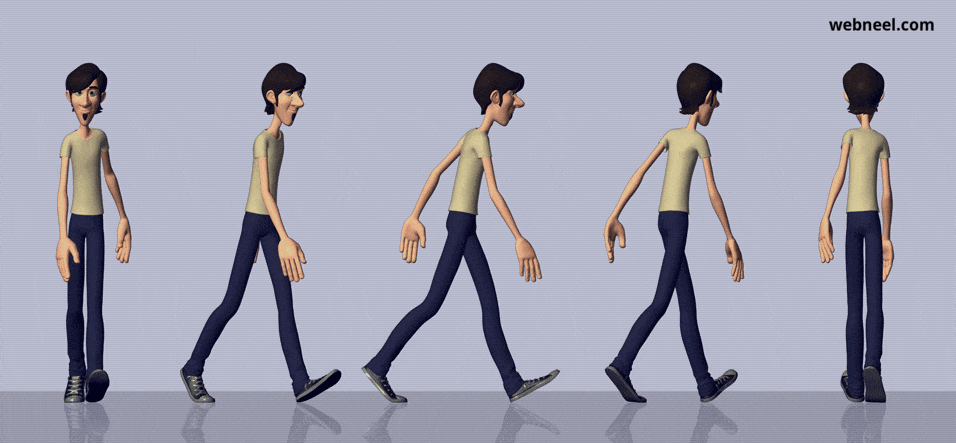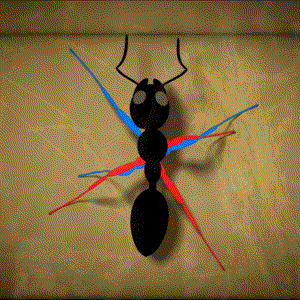Gait Diagramming Exercise
Exercise: Gait Diagramming¶
Objective: Compare bipedal (human) and hexapod (insect) gait patterns to understand how limb coordination affects stability and energy efficiency.
Materials Needed:¶
- Printed gait cycle templates (human walking/running, insect crawling).
- Projector/screen (to show slow-motion videos of human/insect movement).
- Markers, paper, or whiteboards for sketching.
Step-by-Step Instructions:¶
- Introduction to Gait Phases (10 min)
- Explain key terms:
- Stance phase: Foot on the ground.
- Swing phase: Foot in motion.
- Stride length: Distance between consecutive steps.
-
Show slow-motion videos of a human walking and an insect (e.g., ant) moving.
-
Human Gait Analysis (15 min)
- Students sketch a stick-figure diagram of a human walking, breaking the motion into 4–6 frames.
-
Highlight:
- Alternating leg movement.
- Role of arm swings in balance.
-
Insect Gait Analysis (15 min)
- Diagram an insect's tripod gait (three legs touch the ground at once).
-
Compare stability: "Why don't insects tip over?"
-
Group Discussion (10 min)
- Compare diagrams: How do gait patterns relate to body structure?
- Discuss trade-offs: Speed vs. stability, energy efficiency.
Example Diagrams¶
| Human Walking | Insect Tripod Gait |
|---|---|
 |
 |
| Alternating leg motion (left-right-left). | Three legs move in sync (front/back left + middle right). |
Key Learning Outcomes¶
- Identify how limb coordination impacts stability and speed.
- Connect natural gaits to robotic design challenges (e.g., "Why might a robot need 6 legs instead of 2?").
- Introduce gait optimization (energy efficiency vs. stability).
Differentiation for Ages¶
- Ages 11–13: Focus on simple leg sequencing (e.g., "left-right-left").
- Ages 14–17: Add math concepts (e.g., calculate stride length/duty factor).
Assessment¶
- Evaluate diagrams for accuracy in representing gait phases.
- Reflection question: "Which gait is better for rocky terrain? Why?"
Extension Activity¶
- Design a hybrid gait for a fictional animal/robot and explain choices.